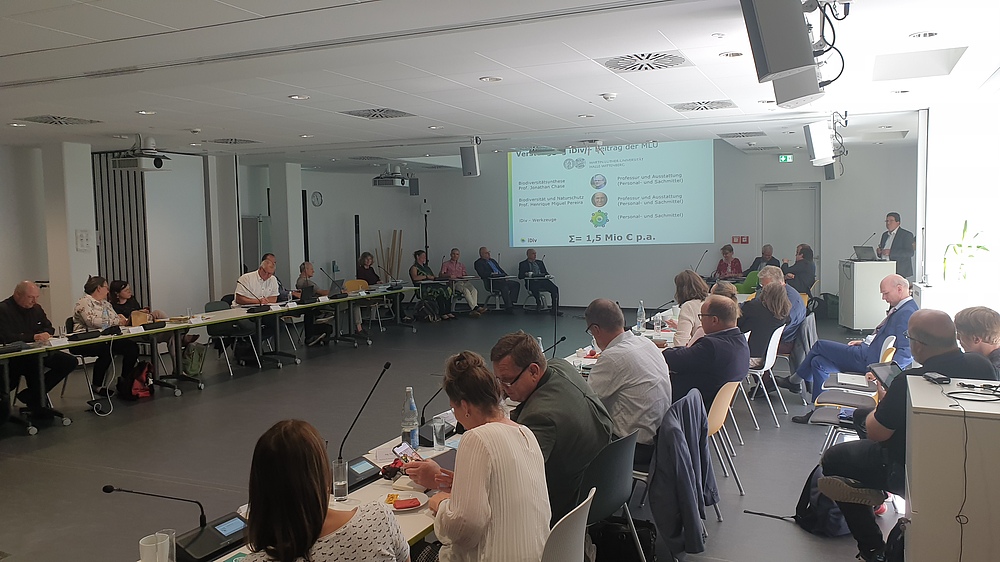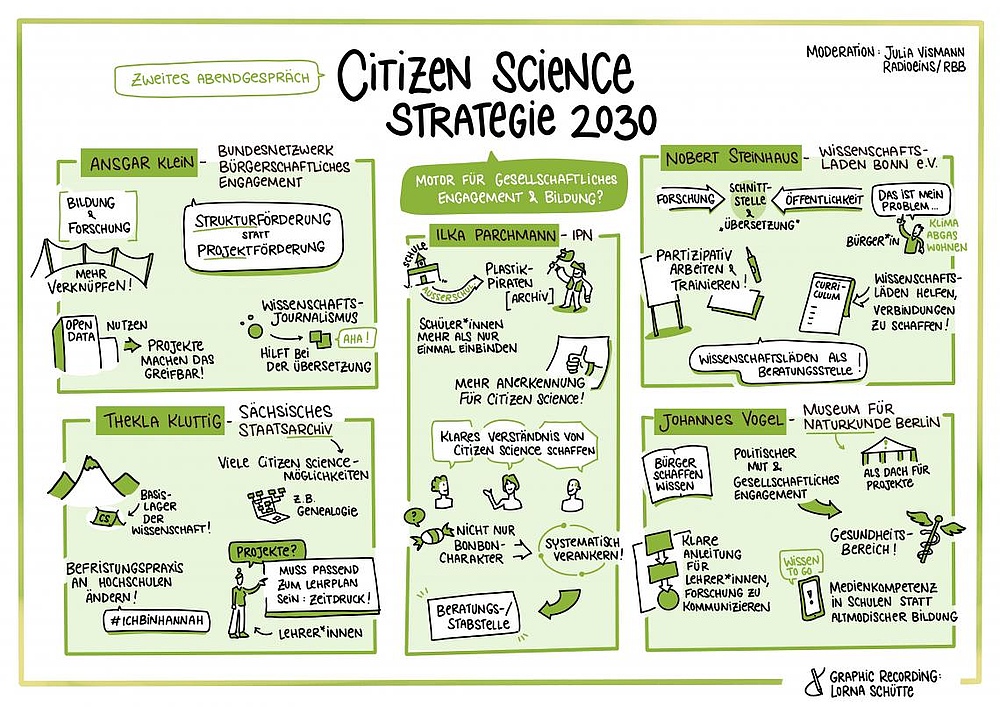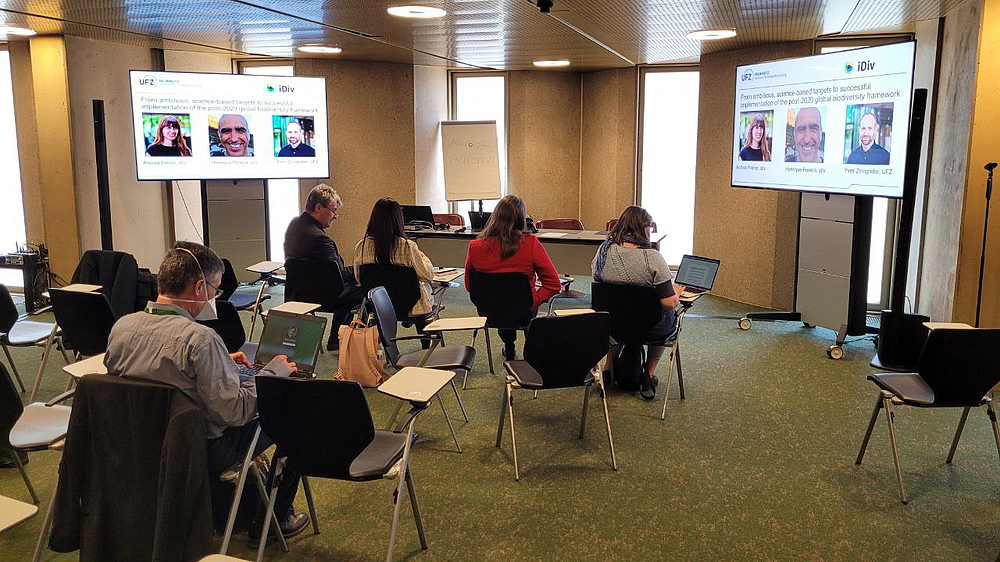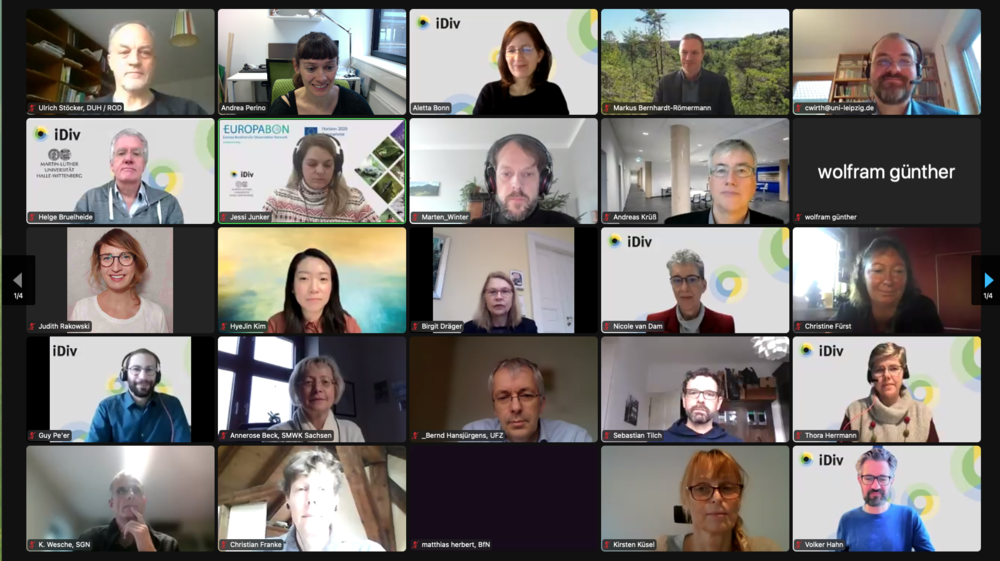About
At iDiv, we work together with stakeholders to contribute to global, regional, and local science-policy. We engage in multiple biodiversity policy processes and contribute our expertise through intergovernmental bodies and international agreements, such as the Intergovernmental Science-Policy Platform on Biodiversity and Ecosystem Services (IPBES) and the Convention on Biological Diversity (CBD).
We facilitate an active platform for science-policy dialogue and foster transdisciplinary research collaborations with decision-makers, agencies, civil society, and businesses. This enables the exchange of knowledge on current findings and the joint development of solutions.
At iDiv, we also create new methods and guidelines for biodiversity monitoring on local to global scales. Our scientists participate in various expert committees and provide advisory services to both scientific and political decision-makers.
The Science-policy interface is an important instrument for bringing scientists, organisations, citizens, and political actors together. We want to build a bridge that conveys scientific content and provides evidence-based policy support.
Areas of Activity
Topics
Scales
Activities
Events
Publications
Contact

Leonie Friedrich
Science-Policy Coordinator
Phone: +49 341 9739174
Email: leonie.friedrich@idiv.de
Full profile







